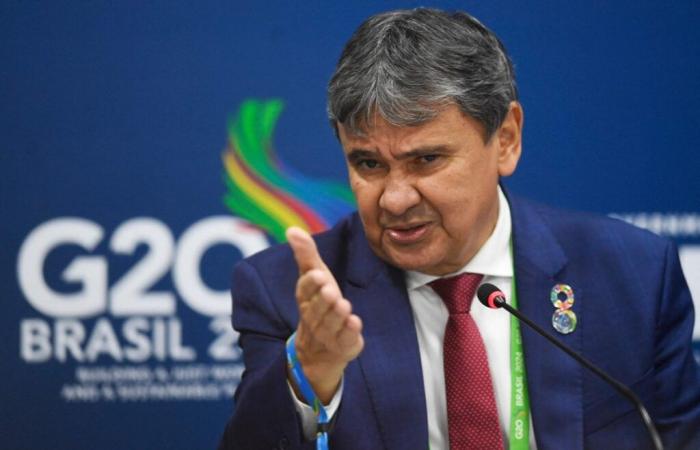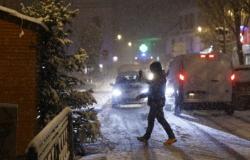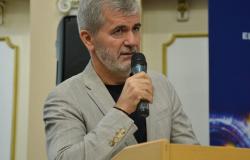
In an interview in Rio, where he is participating in the G20 meetings, the minister said that there will be no cuts to Bolsa Família and the government’s food security actions, but predicted savings of R$2 billion next year by combating fraud on Bolsa Family and Continuous Payment Benefit (BPC).
- Tax package: Lula seeks political arrangement to contain wear and tear with spending cuts
- Measure under debate: Government evaluates changes to the minimum wage adjustment rule in spending review package
Brazil returned to the Hunger Map in 2022, according to the United Nations (UN). The Lula government has set the goal of a new exit from the map and wants to make the Alliance against Hunger and Poverty the main legacy of the Brazilian presidency of the G20, the group of the largest economies in the world.
—No step back. This is a decision made by President Lula. In a meeting before we came to Rio, Lula made it clear that he wants the Ministry of Social Development to continue with the plan to locate those who are in a situation of food insecurity and we have not achieved it — emphasized Dias, in an interview this Monday.
To leave the Hunger Map, a country needs to reduce malnutrition to levels below 2.5% of the population for three years in a row, according to criteria from the United Nations (UN). Currently, 3.9% of Brazilians face malnutrition, according to FAO.
Fight fraud without cuts
Wellington Dias, denied that his department will make cuts in budgetary resources for assistance programs such as Bolsa Família and the Continuous Payment Benefit (BPC) to reduce government spending. However, he reinforced that the department will focus on combating fraud and measures to reduce poverty without harming beneficiaries “who are entitled”.
— In October, we placed around 400 thousand families that were in a situation of food insecurity on Bolsa Família. But President Lula has also determined that he does not want tolerance for fraud. In other words, we will continue to combat fraud — said the minister, in a press conference with journalists this Monday during the G20 meeting in Rio.
Dias adopted a conciliatory tone in relation to the economic team’s plans that are on President Lula’s desk awaiting a decision on the scope of the spending cut package. The minister highlighted that fiscal balance is fundamental, especially for the low-income population, as it contributes to controlling inflation, reducing interest rates and increasing the government’s investment capacity.
— Minister (Fernando) Haddad, Minister (Simone) Tebet and Minister Rui Costa are correct in seeking this direction, but I make it clear that there will be no cut in who is entitled (to Bolsa Família) — said Dias, referring to the colleagues from Finance, Planning and the Civil House.
The same principle of access to Bolsa Família applies to BPC, which pays a minimum wage to low-income elderly people and people with disabilities and to other social programs, according to the minister. He predicts that the department will save around R$2 billion in 2025 through fraud detection:
— Let’s collaborate with fiscal balance, reducing expenses through efficiency and lifting people out of poverty.
North region is a priority
Minister Dias celebrated the reduction in severe food insecurity last year, and highlighted the government’s goal of ending the three-year period from 2024 to 2026 outside the UN hunger framework:
— We want to close this year as close as possible (to a reduction) of two percentage points, with the aim of getting as close to zero as possible (in terms of severe food insecurity).
One of the priority areas for combating hunger is the North region. According to the minister, the Marajó archipelago, in particular, has a large presence of indigenous people and has been closely monitored by the authorities, said Dias:
— We have integrated work with the (federal) government, government of Pará, municipal administrations and civil society entities, focusing on regions like this.
Dias’ statements occurred during a conversation with journalists at the G20 heads of state meeting, held in Rio.





